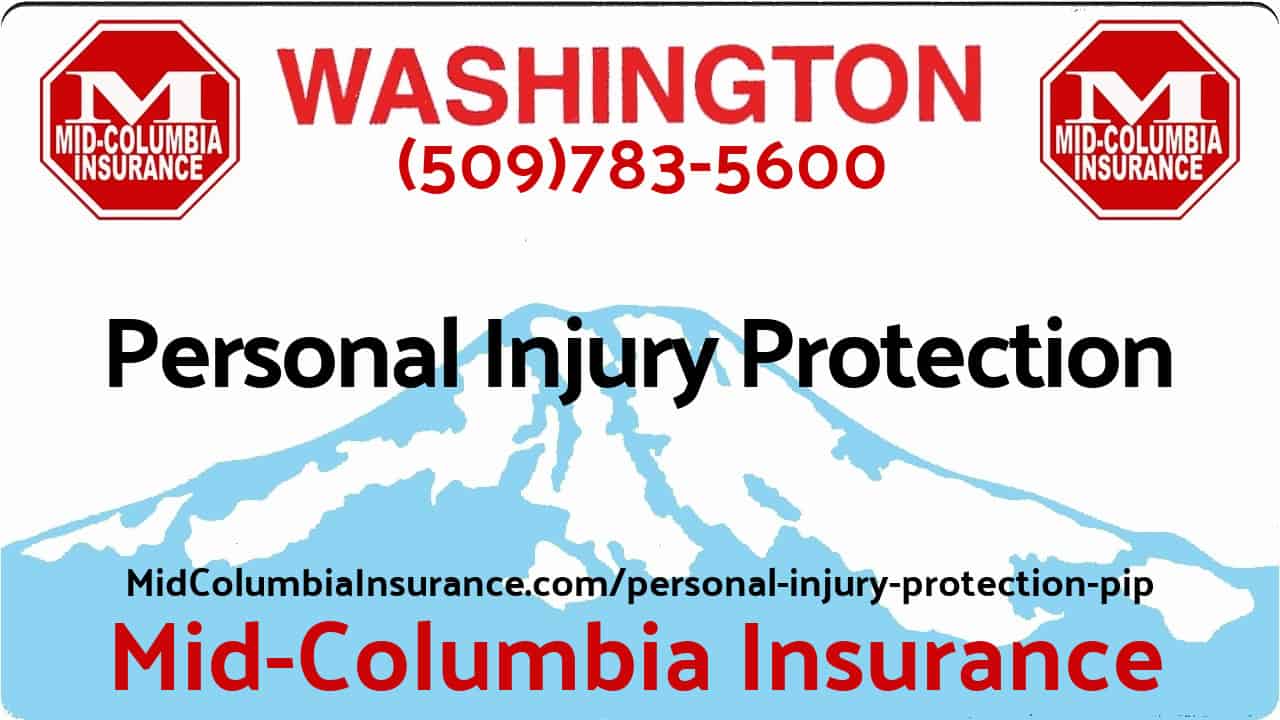Personal Injury Protection
by Gary Paulson | Dec 11, 2023 | Uncategorized

Personal Injury Protection (PIP)
- PIP is an extension of car insurance available in some U.S. states.
- It covers medical expenses and, in some cases, lost wages and other damages.
- PIP is sometimes referred to as no-fault coverage.
- It is designed to be paid without regard to fault or legal liability.
- PIP claims can be made by the insured driver or persons injured in an accident.
Coverage and Variations of PIP
- PIP is mandatory in some states.
- Coverage varies from state to state in terms of what is covered and what treatments are considered medically necessary.
- In Texas, PIP covers medical expenses, 80% of lost wages, and caregiver services.
- Some states allow PIP claims even if a workers compensation claim exists.
- PIP is the insurance of first resort for medical bills in some states.
Subrogation and Financial Position
- In some states, PIP is subrogatable, meaning the insurance carrier pays for the loss and recovers it from the liable party’s insurance carrier.
- Claimants benefit financially as their medical bills are paid, regardless of liability.
- PIP covers the insured’s own injuries, passengers in their vehicle, and pedestrians struck by any vehicle.
- States without PIP may have auto medical payments (AMP) coverage.
- PIP and AMP limits range from $1,000 to $250,000 depending on the injury and state.
Submitting Insurance Information and Settlements
- Claimants should submit their own insurance information to medical providers.
- Third-party carriers are not legally obligated to pay claimants’ medical bills.
- Third-party carriers only pay after a judgment against them.
- Settling a claim with a third-party carrier is considered a voluntary payment.
- Rejection of PIP coverage remains unless requested to be added or a new policy is started.
« Back to Glossary Index

